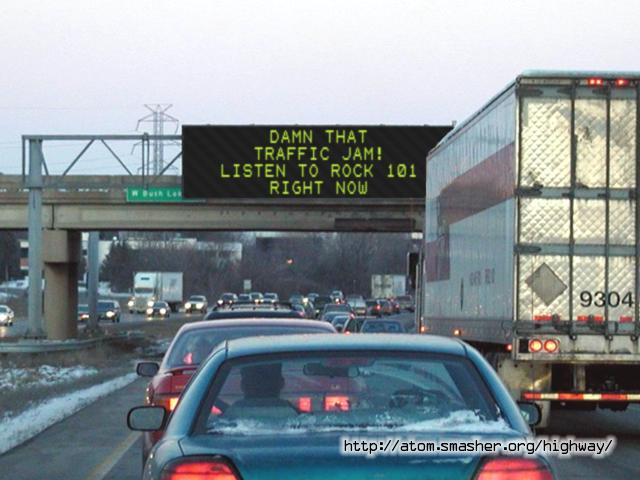
As we continue to sort through the social and economic impacts of COVID, and the changes wrought by the Delta variant, the question, “Where are you working?” has great relevance.
That’s because many of the plans to get Americans back in the office are being rewritten because of the latest wave of this pandemic. But the question of why so many are adamant about staying home looms larger the longer this COVID scourge lasts.
Perhaps a visit across the pond sheds light on precisely what drives us to want to work out of our home offices, rather than return to our high rises, our stations, our studios, and our cubicles.
The Next Web took a gander at a new study by Hubble, a U.K.-based workspace firm that most definitely has a dog in this hunt. That said, 1,000+ employees from a wide variety of different companies took the survey. And more than three-fourths reported working in the big city – in this case, London.
There are many reasons why WFH works, but it turns out the #1 benefit – by far – is avoiding commuting time. Overall, nearly eight of every ten say the trip to and from the office or work space is the main benefit, followed distantly by financial savings, and spending more time with loved ones. Interestingly, other factors including improved productivity, childcare flexibility, and mental health are well down this list.
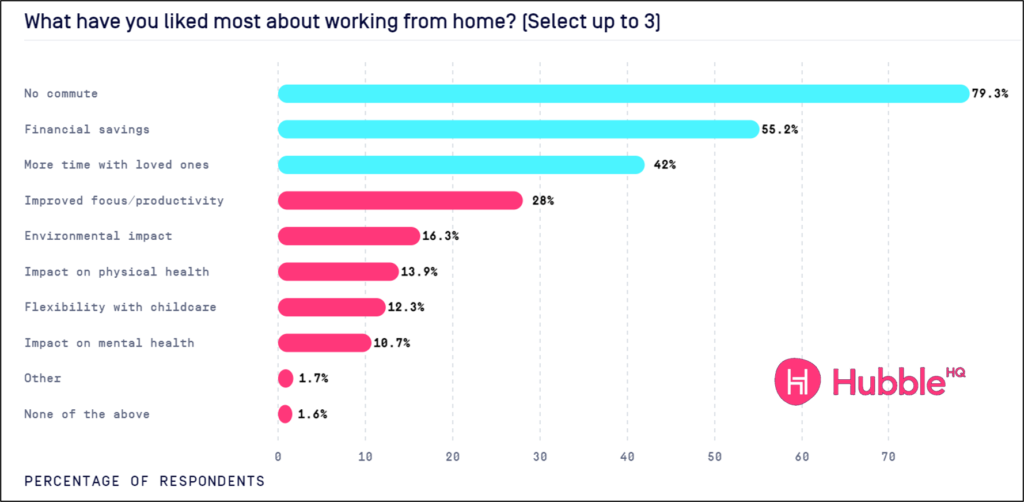
You have to believe a lot of Americans who work in major metros would be nodding their heads while looking over this chart. That’s because many can no longer afford to live in big cities, and they’ve been forced to move many miles away from their place of employ.
In radio parlance, it’s no mystery why the two most important dayparts since the invention of the car radio have the word “drive” in their names. That daily custom of fighting traffic to and from work has fueled profits for the radio industry for decades and decades.
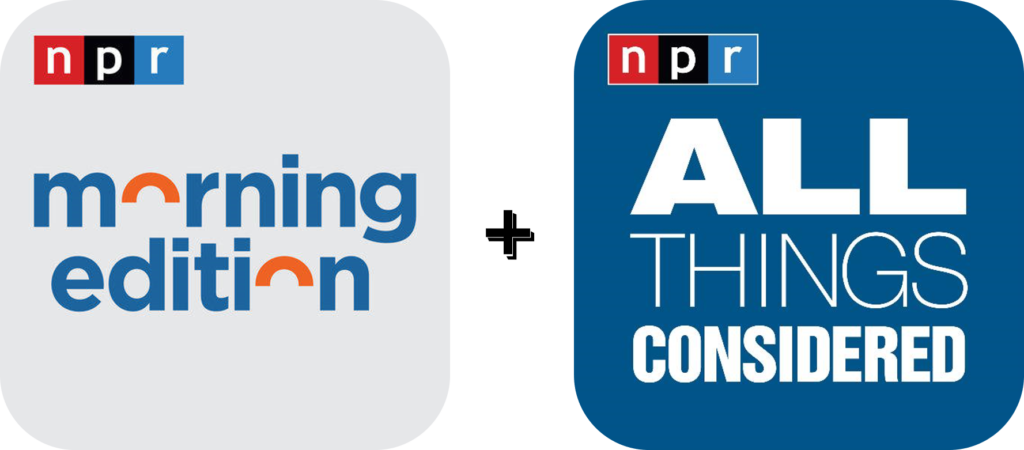 Radio broadcasters don’t just depend on the commute – they thrive on it. And it’s true in both commercial and public radio. Consider that NPR’s foundation is what they call the “tent pole shows” – Morning Edition and All Things Considered, their daily news magazines that reliably lead all other programs in the public radio system.
Radio broadcasters don’t just depend on the commute – they thrive on it. And it’s true in both commercial and public radio. Consider that NPR’s foundation is what they call the “tent pole shows” – Morning Edition and All Things Considered, their daily news magazines that reliably lead all other programs in the public radio system.
Both of these news institutions need sizable in-car listening to sustain membership, ratings, and brand reputation. And public radio stations far and wide are dependent on their incredible loyal audiences that tune every morning like clockwork.
Similarly, commercial radio’s morning drive shows – personalities, teams, ensembles, music hosts – are also heavily dependent on traffic snarls, road closures, highway construction, and fender benders to optimize their listening levels. It’s much the same in the afternoon. The more traffic, the more cume and quarter-hours – period.
We cannot control how the pandemic will meander through the rest of the year. And corporations will continue to be challenged to come up with fair policies for their workers – whether they continue to WFH, return to the office, or in many cases, opt for hybrid solutions.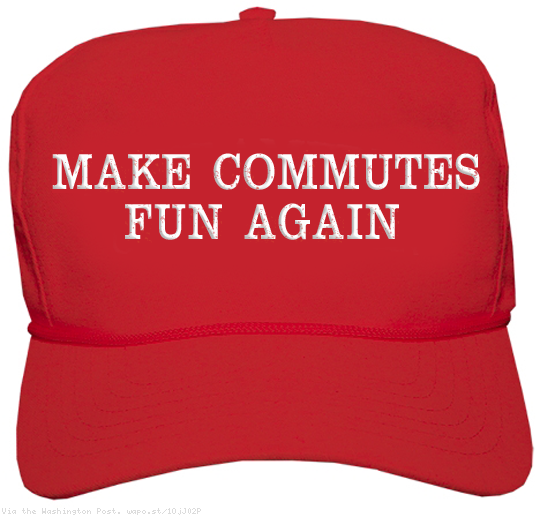
But none of this will change the joyless, mind-numbing, time-consuming commutes that workers loathe about their jobs. But maybe radio can make a difference.
These data suggest that as workers return to the office – even reluctantly – they will be looking for any degree of fun and escape – an antidote to the boredom and aggravation of the daily commute.
I know of several hundred morning (and in some cases, afternoon) shows with the ability to fill that need. A combination of well-prepped content plus targeted messaging could help make the commute tolerable again.
And it’s not just personality shows. Some commuters simply want to jam out with a favorite song. And the right tune on the right day at the right time can be a savior. Sometimes, its just a matter of hearing “La Grange,” “Uptown Funk,” “U Can’t Touch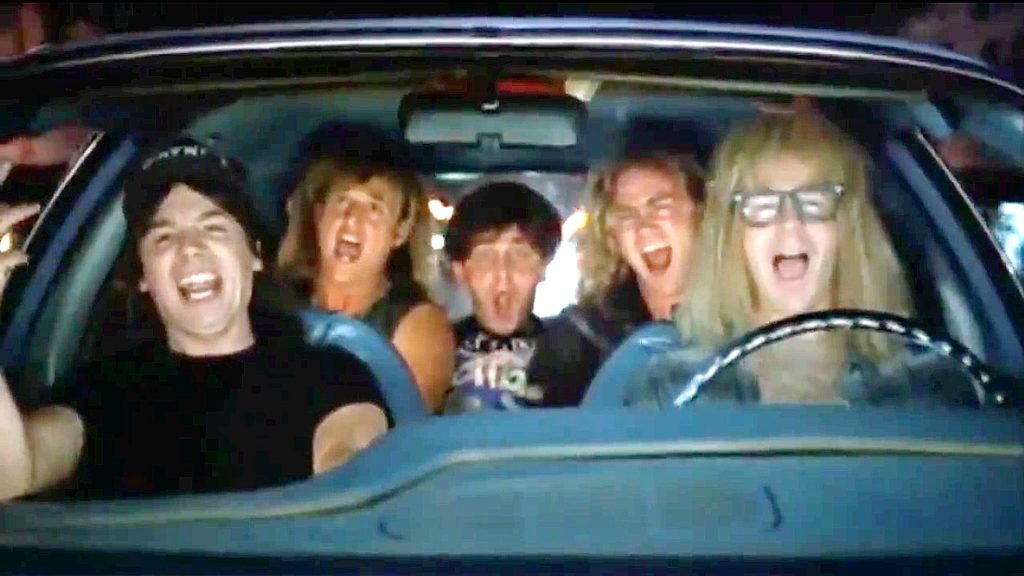 This,” “You Shook Me All Night Long,” “On The Road Again,” “Walking On Sunshine,” “Radar Love,” or something else unexpected but well-timed to relieve that bumper-to-bumper monotony.
This,” “You Shook Me All Night Long,” “On The Road Again,” “Walking On Sunshine,” “Radar Love,” or something else unexpected but well-timed to relieve that bumper-to-bumper monotony.
OK, maybe even “Bohemian Rhapsody.”
But is it even possible for radio to make the commute fun again?
Most smart broadcasters intuitively know precisely how annoying that morning or afternoon drive can be like, whether there’s construction, blizzards, monsoons, or the other snags, hassles, and snafus that always seem to crop up on the ride to and from work.
After all, we’ve heard the stories again and again in focus groups. Great radio personalities can make commuters feel like they’re riding along with them.
And wouldn’t it be amazing if radio had the ability to supplement its on-air messages with something big and difficult to ignore on the way to and from the workplace? Yes, that’s what digital billboards are designed to do. They’re right outside the windshield and they can be modified to deliver a timely, in the moment message.
I know of very few radio stations with this type of tool. But I can think of one that has this ability. It’s not licensed to New York, L.A., Chicago, Houston, or Miami.
It’s in NEPA – that’s Northeast Pennsylvania to those of you who haven’t gotten out much lately. More specifically, it’s in Scranton, and these boards belong to Rock 107 (WEZX/Times-Shamrock Communications). Programmer/afternoon driver (just two of his “hats”) Mark Hoover sent me this photo – the message went up minutes after the news broke about Charlie Watts’ death (check the time/date stamp on the photo).
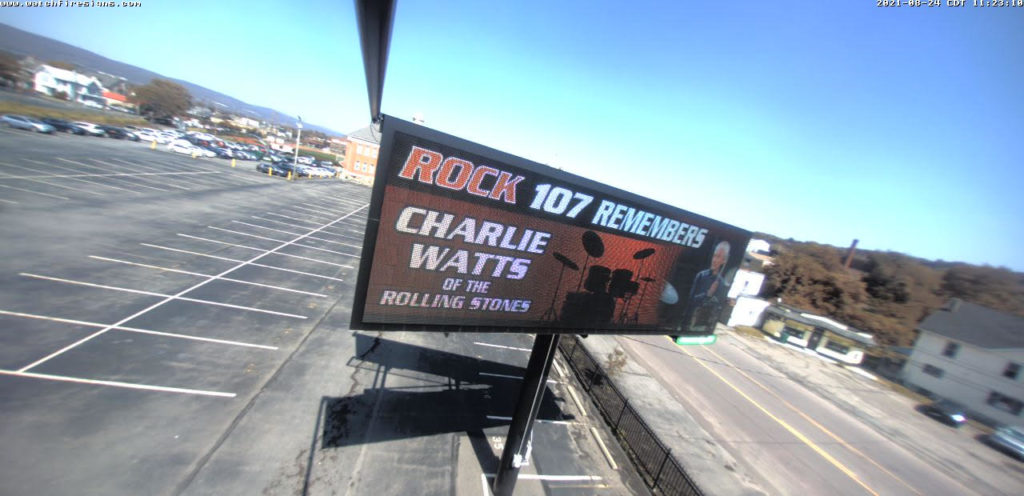
Owning the commute should be broadcast radio’s goal as normalcy eventually returns, and more drivers take to the freeways once again on their weekday journeys to and from work.
And in the process, welcoming listeners back to radio.
Turn it up.
- What To Do If Your Radio Station Goes Through A Midlife Crisis - April 25, 2025
- A 2020 Lesson?It Could All Be Gone In A Flash - April 24, 2025
- How AI Can Give Radio Personalities More…PERSONALITY - April 23, 2025




Hi, Fred! Well said as usual.
One thing that amazes me when you look on the social media pages of certain groups (you know the ones I’m talking about) is that people say that radio SHOULDN’T be giving information like news, traffic, weather, school or concert information, etc…the excuse offered is “they can get that on their phones now”. Or, “the schools send that information over their phones”. It escapes their thinking that, you’re not supposed to be on your phone when you’re driving.
I remember we tried that once…for about 90 days. Got so many complaints, we went back to what we were doing before.
Yes, people appreciate getting that information over their phones. But, while making that commute, they still depend on radio to give them that information.
Agreed, too…that a commute should be fun. And so should the radio experience they get while making it.
Sometimes it pains me to see that some companies seem to still want to boil local radio down to “liner cards”, and mindless babble rather than “personality”. If anything would be the death blow to radio, this is it.
Yeah. Developing real personalities is a time consuming, years long process. You have to allow those people the right to fail, pick themselves up, learn from the experience, and benefit from it. But, when you find that “diamond in the rough” and see them develop into that radio person who knows in an instant that the death of a rock star is important…even to a news radio station. Or the person who can take a hit song, rewrite it and do a very funny parody. Or the person who’s great at voices and can create a character that’s entertaining…or even the person who can make a quip in one or two lines over the intro of a song that makes someone smile, NOW, you’ve found a personality.
Radio needs to get back to the mentality of doing that. It’s one thing many companies have abandoned.
I have long believed there is no more intimate media relationship than between a lone commuter and a talented, tuned-in radio personality or show. But as you correctly point out, like all relationships, these take time to develop and grow. Fortunately, there are still shows like this in many markets around the U.S. They are well-positioned to take advantage of what promises to be a commuting revival. Thanks for engaging on this topic, Kevin.
Fred, you might want to urge station managers to ask their own morning-drive and evening-drive talent whom they themselves like to listen to whilst commuting into/home from the station (assuming they’re not WFH). Not only could they tell you who should be in the station’s farm league, there’d be no need to await a vacancy in the morning or evening lineup before investing in those up-and-comers—because more and more ordinary listeners may (should) also be tuning in during those “off drive” hours, whether they’re on the road or at home, given the increasing flex-time that is becoming the new normal for American workers. Bread cast on the waters…
It’s a good suggestion, John. Radio is going to have to work harder to serve and entertain during commute times, but the payoff for brands, ratings, and revenue demands stations step it up.
Fred thanks for the mention in today’s blog. We have a great team here at Times Shamrock Scranton. Our midday jock came back in ASAP to redo his show, we did a huge 8 song block of the Stones, and added a block every hour for the rest of the day and had imaging produced in under 10 minutes and got up the Digital Boards, Social Media and webpages with the info. We are not that fast on the weekends. But our amazing staff have always come in on the weekends to redo their shows when something happens outside of business hours
Mark, that’s what it takes to be more than a jukebox, whether you’re in Scranton or San Francisco. Congrats on getting your staff on the same page. Very impressed when I saw your board on Facebook. Congrats to you & your team.
https://wapo.st/3t8N7qu
Interesting article on commuting
Good story, and the people profiles illuminate the Hubble research from the UK. And while radio isn’t mentioned, it is part of the commute so many are leaving behind. Thanks, Bob.